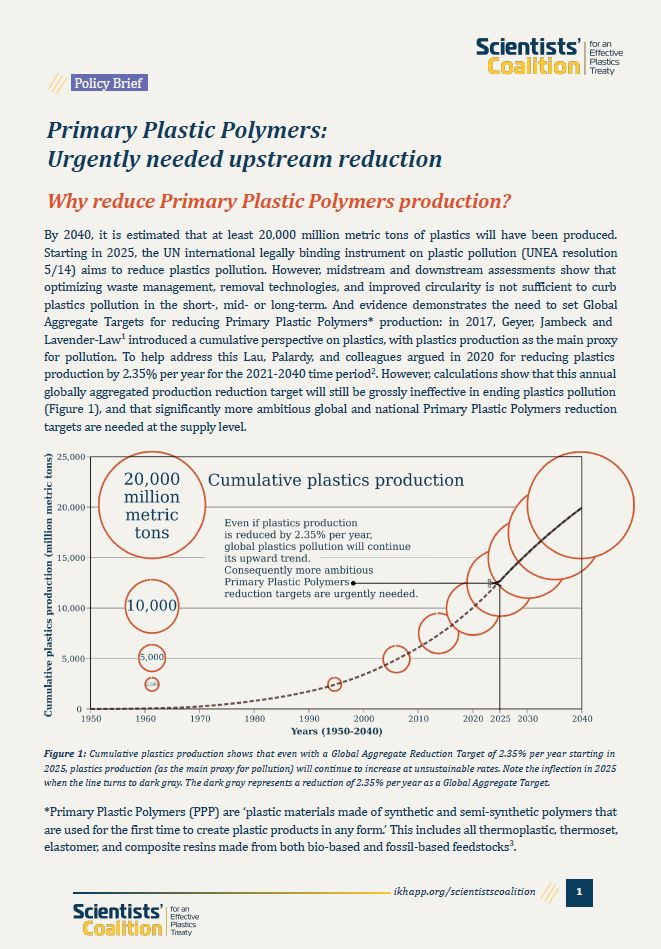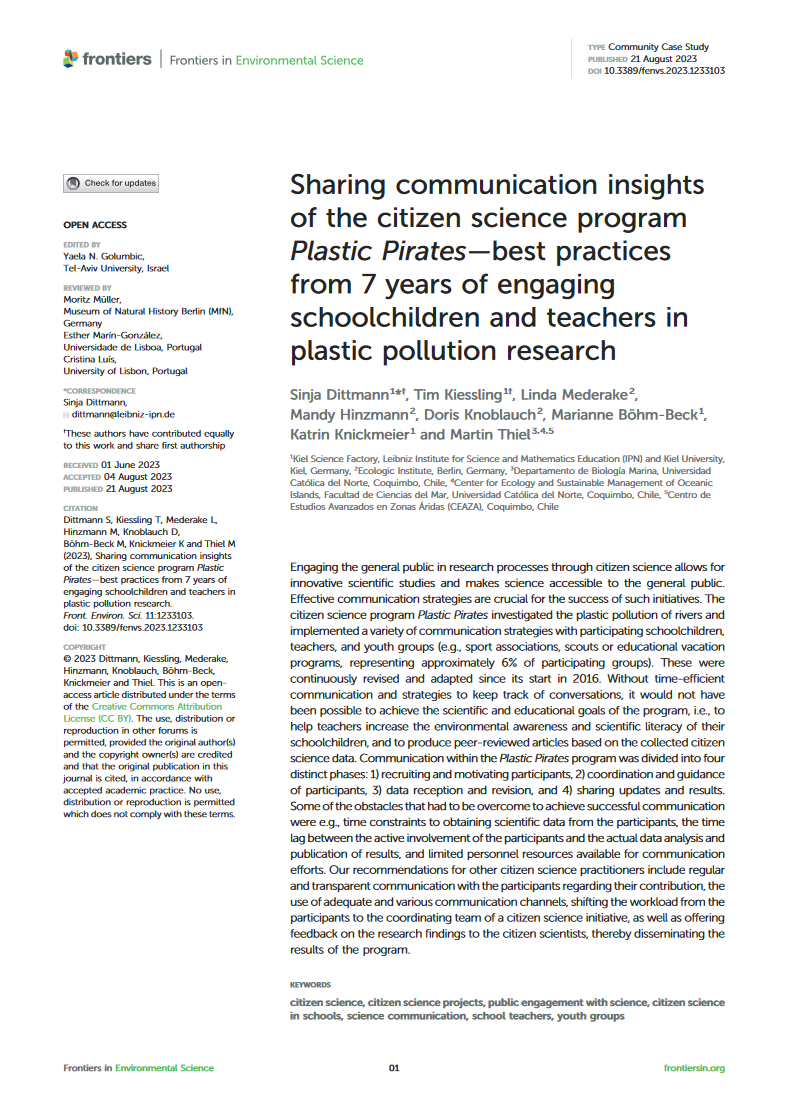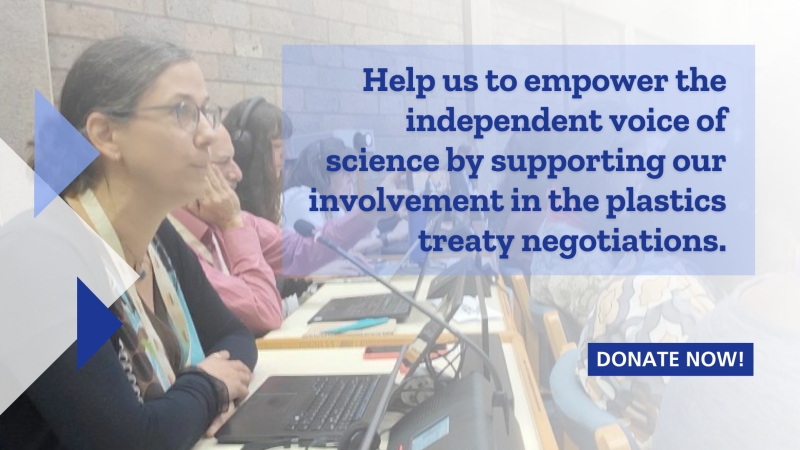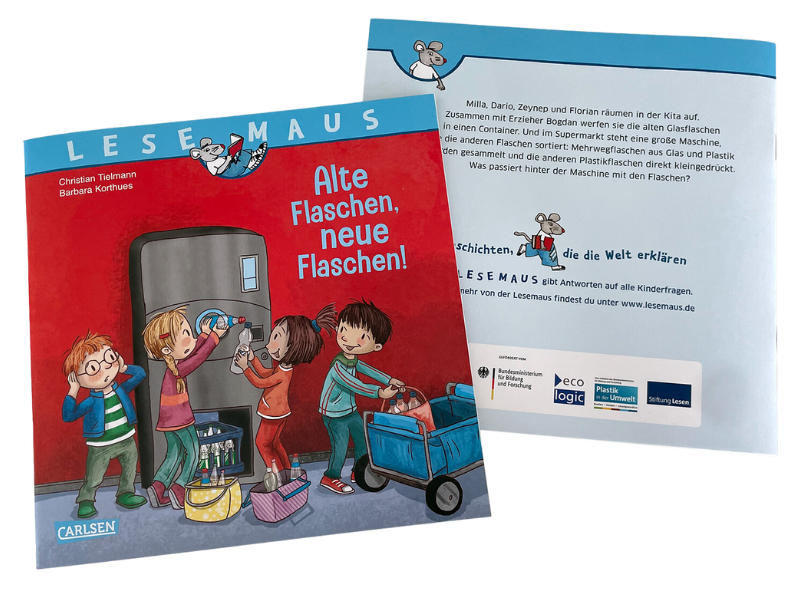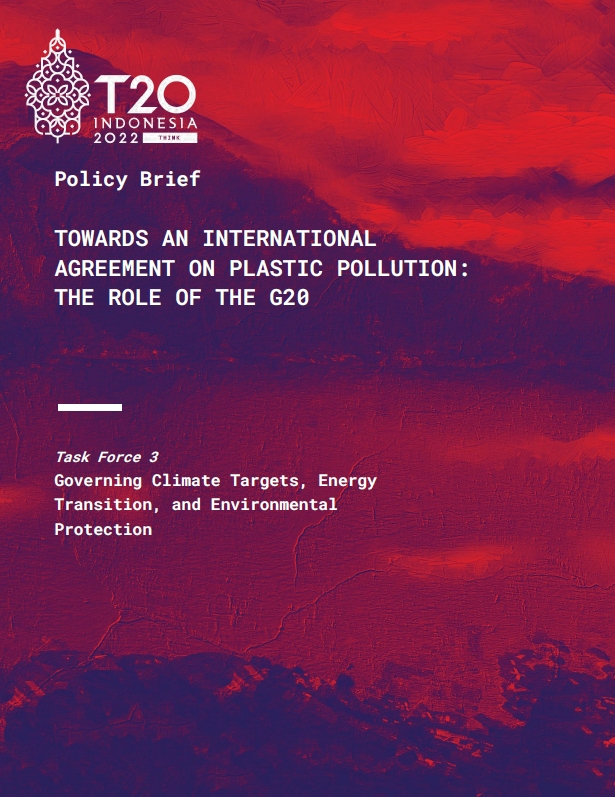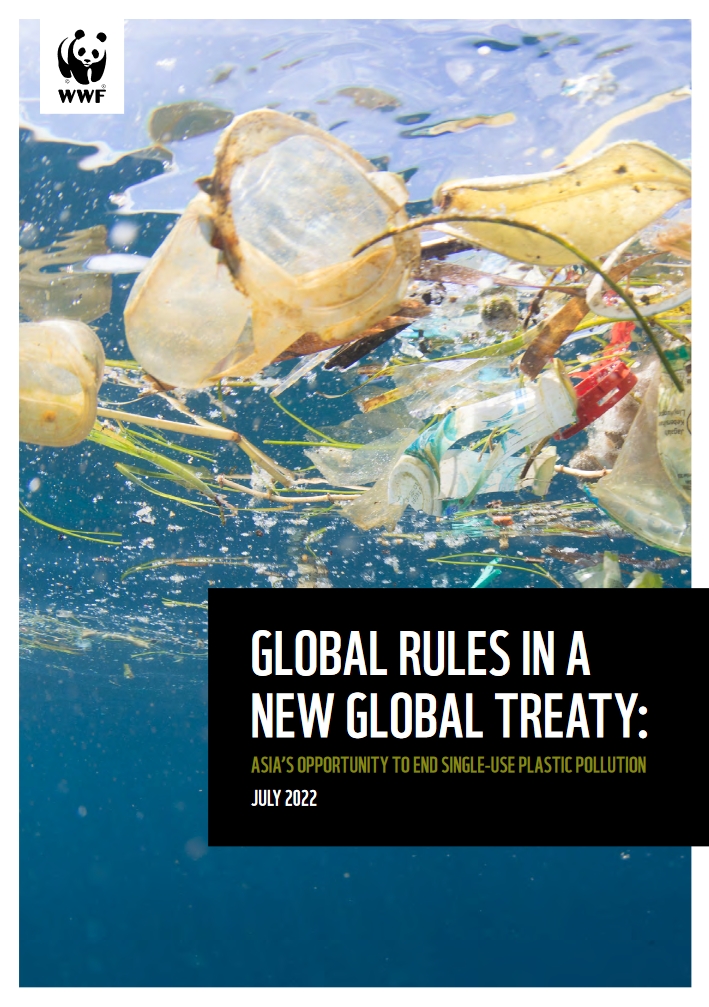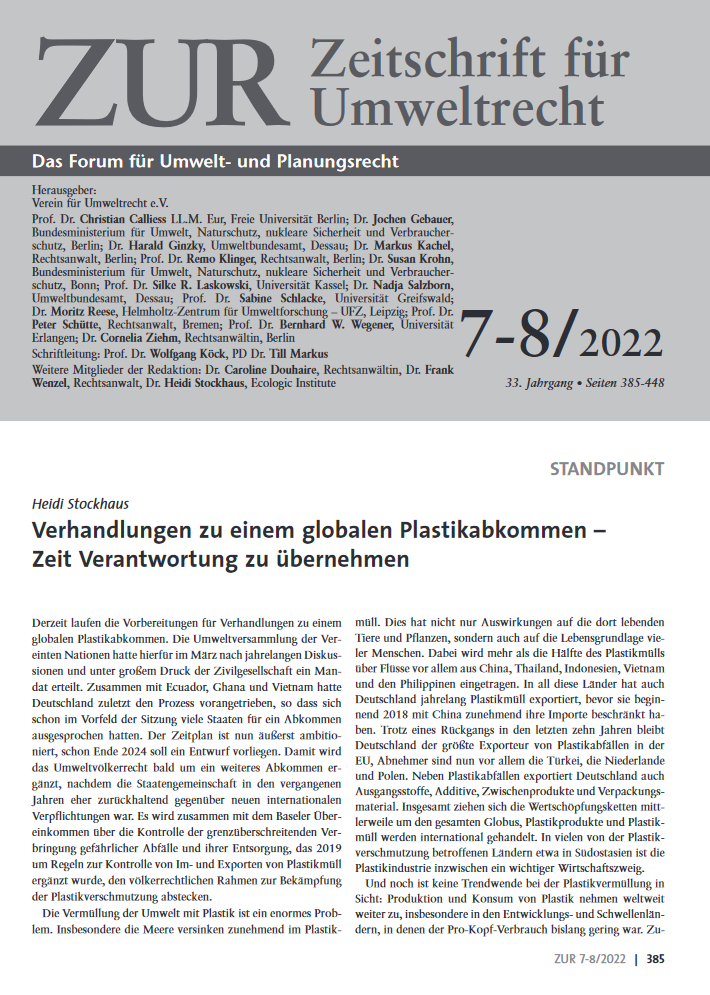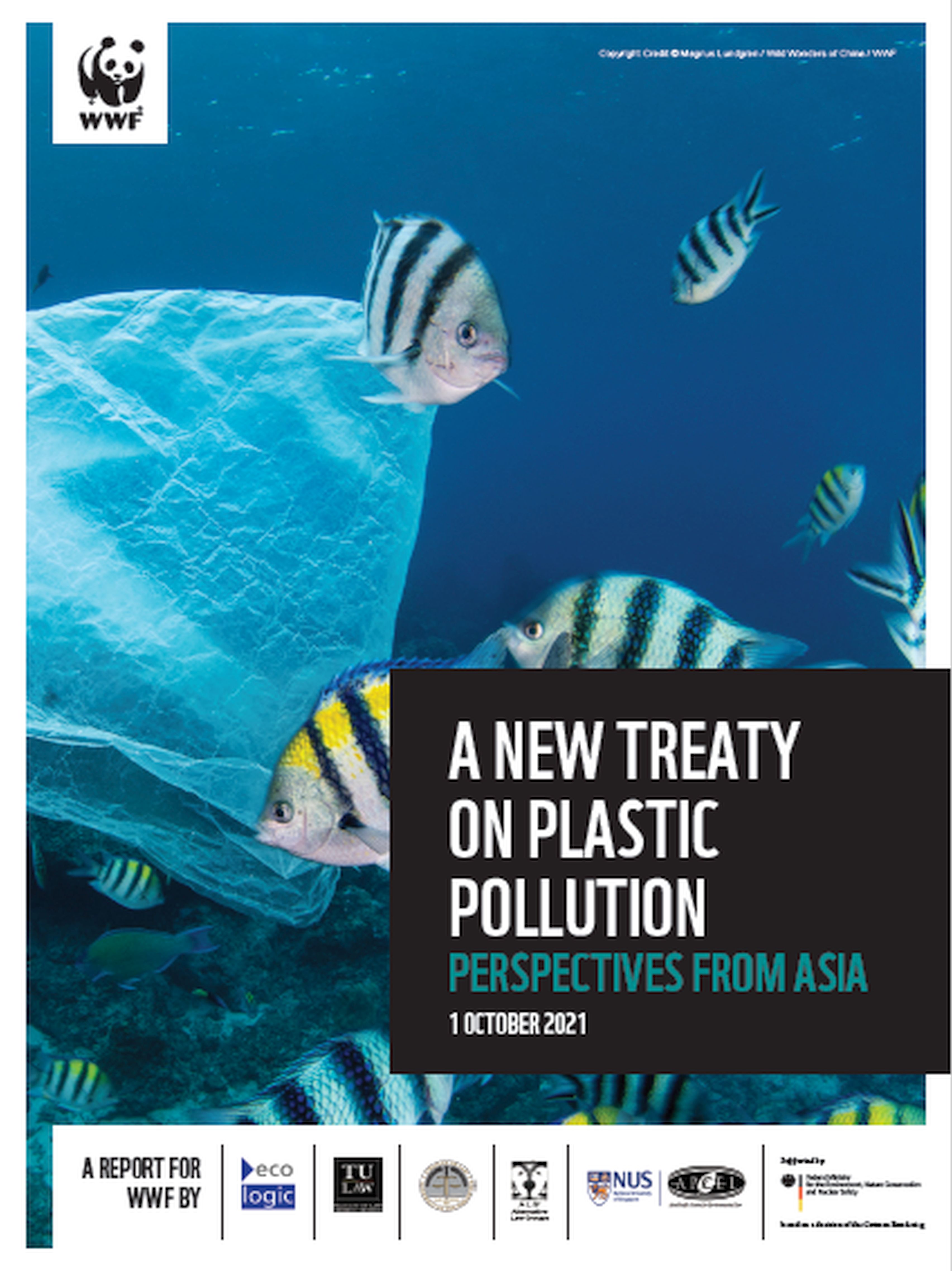Towards an Effective Science-Policy Interface for a Global Plastics Treaty
- Publication
- Citation
Scientists’ Coalition for an Effective Plastics Treaty (2024). Policy Brief: Towards an Effective Science-Policy Interface for the Global Plastics Treaty. DOI: 10.5281/zenodo.10996298
In the context of the negotiations of a Global Plastics Treaty, the Scientists' Coalition for an Effective Plastics Treaty emphasizes in this policy brief the crucial importance of an effective Science-Policy Interface (SPI) for the successful implementation of the Global Plastics Treaty. The integration of robust science into policymaking is essential to address the complex challenges of global plastic pollution. The need for evidence-based policy is underlined by the predicted increase in plastic production, which will continue to lead to environmental pollution without targeted scientific advice and policy guidance.
Structure and function of the Science-Policy Interface
The Policy Brief discusses how a dedicated SPI should be established as a subsidiary body that works effectively with existing science-policy panels of other Multilateral Environmental Agreements. Such an interface would not only promote synergy between different environmental initiatives, but also ensure that scientific findings are accurately translated into actionable policy recommendations. The main tasks of the SPI include the evaluation and monitoring of intervention strategies, the setting of science-based reduction targets and the continuous updating of safety and sustainability-related criteria for plastics and chemicals.
Avoiding conflicts of interest and promoting independence
A key aspect emphasized in this policy brief is the strict avoidance of conflicts of interest within the SPI. The Scientists' Coalition advocates for the SPI to be composed of independent scientists and technical experts who have no financial or professional ties to the chemical or plastics industries. The independence of the SPI is crucial to ensure the integrity and credibility of scientific advice. Clear guidelines and regular reviews should ensure that policy recommendations are based solely on objective scientific data.
